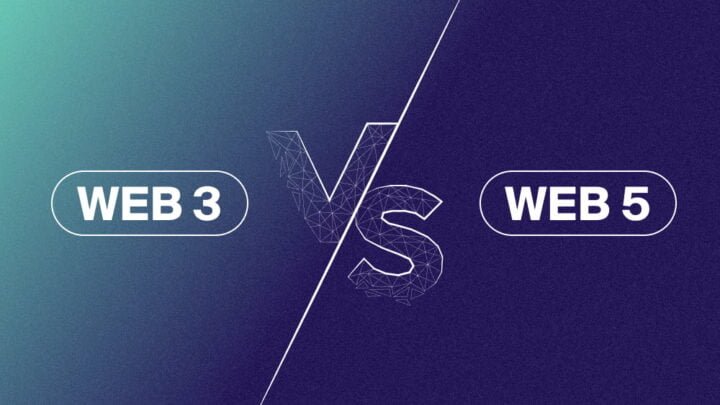Web5: Navigating the Future of Decentralization Beyond Web3
In the ever-evolving landscape of decentralized technologies, Web5 has emerged, extending the principles of Web3. Introduced by TBD, Jack Dorsey’s Block’s crypto and decentralized finance arm, it positions itself as an additional layer to the decentralized web. This article will delve into the core ideas behind Web5, its relationship with Web3, and the envisioned future for user control, identity, and decentralized applications. Beyond Web3’s Foundations: While the numerical leap from Web3 to Web5 might seem unconventional, TBD’s nomenclature simplifies the concept. By adding Web3 (blockchain-powered smart contracts) to Web2 (centralized content platforms), the sum, the new technology, represents a vision for a more advanced and user-centric internet. The fundamental principle driving Web5 is to empower individuals by putting them in control of their data and identity. The Future of Web5: Conclusion: Web5, a bold evolution from Web3, prioritizes user control, decentralized identity, and innovative applications. Envisioning a future of digital autonomy, Web5 collaborates with Web3 to shape a transformative, inclusive, secure, and user-centric internet experience.

